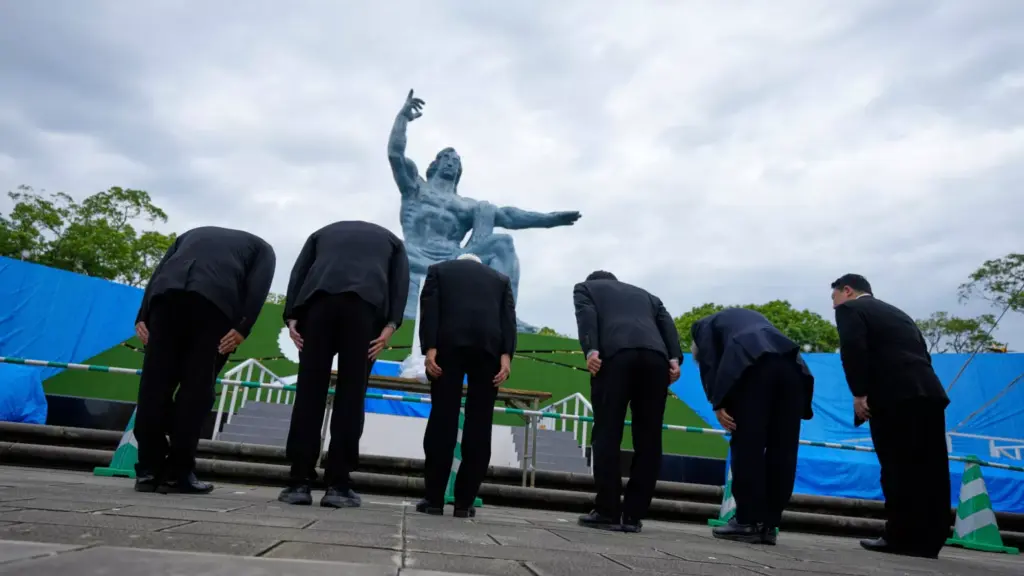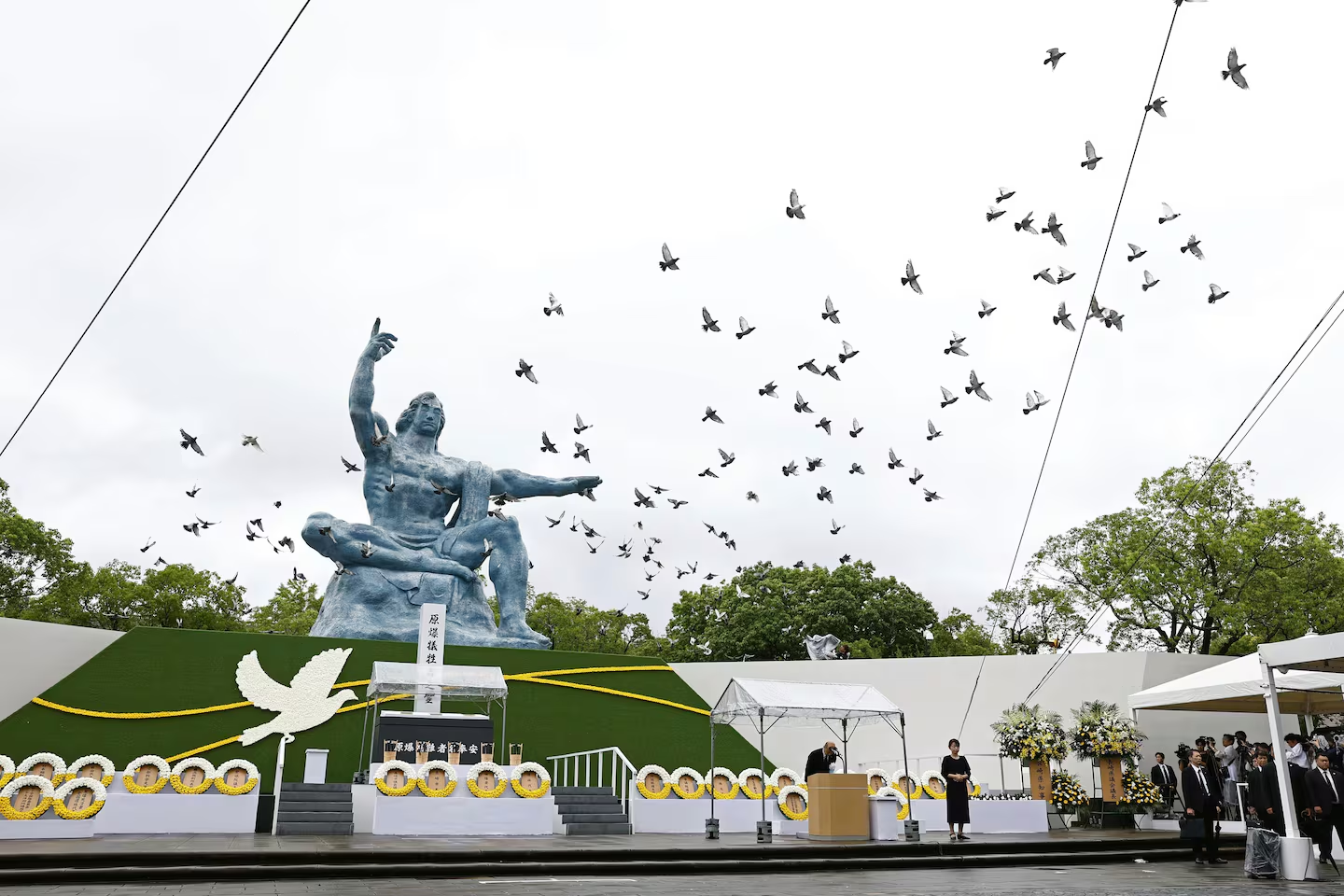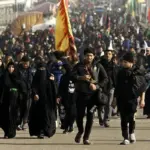80th Nagasaki Atomic Bombing Anniversary was observed on August 9, 2025. Thousands gathered in Nagasaki to remember the deadly US atomic strike that killed about 70,000 people . In 1945, only three days after the Hiroshima disaster. The celebration included a moment of silence at 11:02 a.m., the exact time the bomb exploded. It was followed by the ringing of the peace bell. For the first time since the incident, the twin bells of Urakami Cathedral, which were destroyed in the bombing, were rung simultaneously. Survivors (“hibakusha”) and dignitaries attended the ceremony in Nagasaki Peace Park. Authorities from around 95 countries, including the United States.
Survivors voiced their desire for nuclear disarmament, handing the torch to future generations amid growing global nuclear threats. Therefore, Shiro Suzuki, the mayor of Nagasaki, issued a peace declaration warning of continued global disputes rising into nuclear war and urging world leaders to pursue nuclear abolition urgently.

Agenda of the event:
The event portrayed Nagasaki as a symbol of peace, perseverance, and the continued fight against nuclear weapons. The Japanese association represented survivors with the 2024 Nobel Peace Prize for their efforts to ban nuclear weapons.
The 80th Nagasaki Atomic Bombing Anniversary also included educational events and exhibitions. Aimed at raising awareness about the dangers of nuclear war and encouraging a peaceful culture among future generations. Special teachings and peace-themed activities were held in schools throughout Nagasaki. Simultaneously, They were encouraging students to consider the value of coexistence and the humanitarian impact of atomic weapons. International peace activists joined local organizers in calling for intensified diplomatic efforts to reduce the world’s nuclear arsenals. The day was not only a commemoration of past pain, but also a call to action. They were motivating global unity in the aim to guarantee that such a catastrophe never happens again.
Overall, the occasion was sorrowful and thoughtful, emphasizing peace, the remembering of victims, and the need to prevent future nuclear tragedies.








